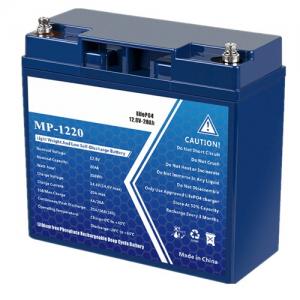Frequently asked questions about the energy density of lithium-ion batteries
How to increase the energy density of batteries?The construction of the battery cells is designed so that the manufacturing capacity of the battery can be easily increased as needed. Therefore, if you want to increase the energy density of your lithium-ion battery, you should focus on two factors:
1. Increase battery size
You can easily improve battery performance by increasing the size or dimensions of the battery. Energy density can be easily improved on a larger scale by changing the original battery size.
2. Change in chemical composition
Battery configuration is also important. Battery capacity can also be improved by changing the composition of the electrolyte. To do this, upgrade the battery's positive and negative electrodes and change them with stronger materials.
What is the difference between power density and energy density?
Power density is a measure of a battery's energy efficiency, and energy density is the energy measured relative to its weight. So both are two different terms and play a big role in determining the power capacity and lifespan of a battery.
To measure how quickly energy is delivered from one cell to another, we can use the term power density. Energy density, on the other hand, corresponds to the amount of energy a battery contains depending on its weight.
What is the difference in energy density between gasoline and lithium-ion batteries?
As far as the battery energy density of gasoline and lithium-ion batteries is concerned, gasoline has 100 times the energy density of other batteries. As you know, the energy density of lithium-ion battery is about 0.3MJ/L, while the energy density of gasoline is 13KWh/kg. This is why gasoline is widely used in full fuel cars and vehicles.
Do lithium-ion batteries have higher energy density than lead-acid batteries?
Lead-acid batteries are very important in terms of energy density among common secondary batteries, but they sit low on the chart. With an energy density range of 30-50 Wh/kg, lead-acid batteries lag behind lithium-ion batteries with an energy density range of 50-260 Wh/kg.
In addition, lithium-ion batteries are more thermally stable as they consist of smaller cell types with different energy ranges. This high energy density makes these batteries ideal for power backup, UPS, and electronic products. Moreover, they are the first choice in the automotive sector and automotive electronics.





